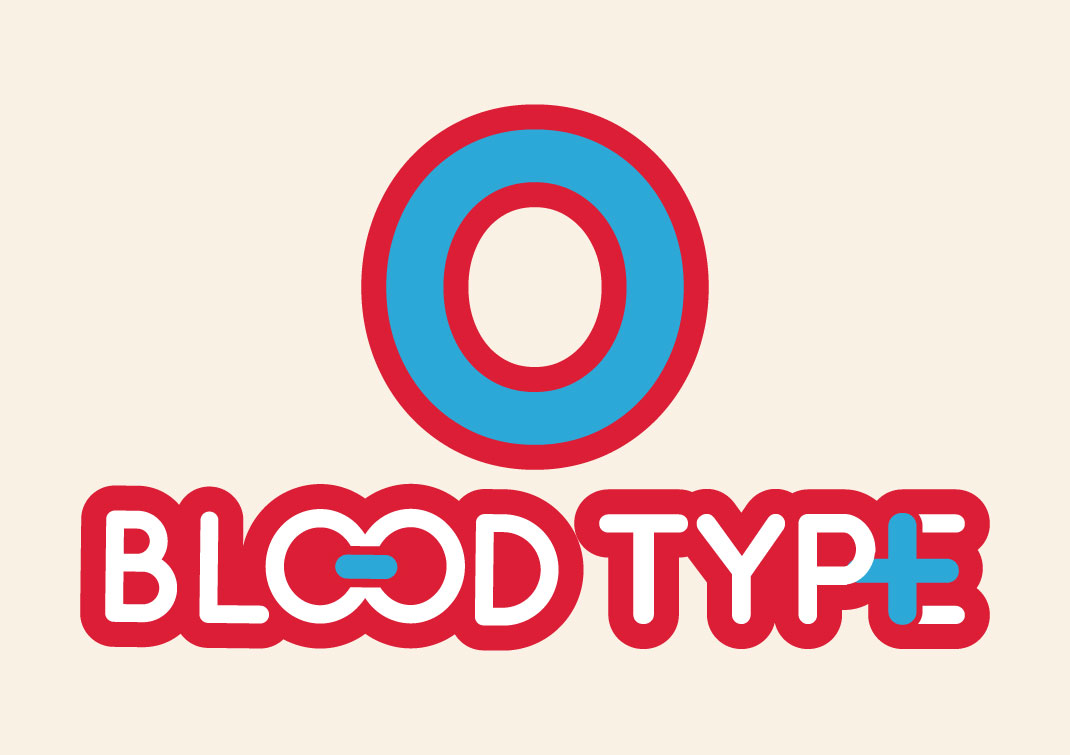O(h) so important!
February 15, 2023

If you have Type O blood, there’s a good chance you’ve heard from us recently. (We know, we call a lot but that’s because patients rely on YOU!) O positive and O negative are two particularly important blood types. We’re here to share why!
Let’s start with the numbers.
39% of the population has Type O positive blood, making it the most common blood type. 9% has O negative. That means almost half of the population has Type O blood.
Now let’s talk compatibility.
If you have O negative blood, you might’ve been called the “universal blood donor” at some point in your life. And this is true! O negative is often referred to as the universal blood type because a patient of any blood type can receive O negative blood. What exactly does this mean? Well, only certain blood types are compatible with others. For example, a patient with AB positive blood can receive any blood type, but can only give blood to others who are AB positive. A positive donors can receive A positive, A negative, O positive or O negative blood but can only give to A positive and AB positive. Here’s the kicker, though. People with O negative blood (remember that 9% of the population?) can only receive O negative blood.
Because it’s the universal blood type, O negative blood is often used during emergency situations when a patient’s blood type is not yet known. They could be facing traumatic injuries and need blood immediately. Until the blood type is known, they are likely to continue receiving O blood.
While all blood types are super crucial, you can see why Type O blood donors are often asked to donate. It’s vital we have a reliable supply of Type O blood for both expected and unexpected blood needs.
Don’t know your blood type? That’s okay! When you donate for the first time, you’ll find out! One of the things we do in the lab with all units of blood is check the blood type. Once it’s known, we will notify you so you can answer the call when your blood type is needed! After all, you never know when you or a loved one might need blood. By donating, you make sure that blood is available in our community.
DONATE

